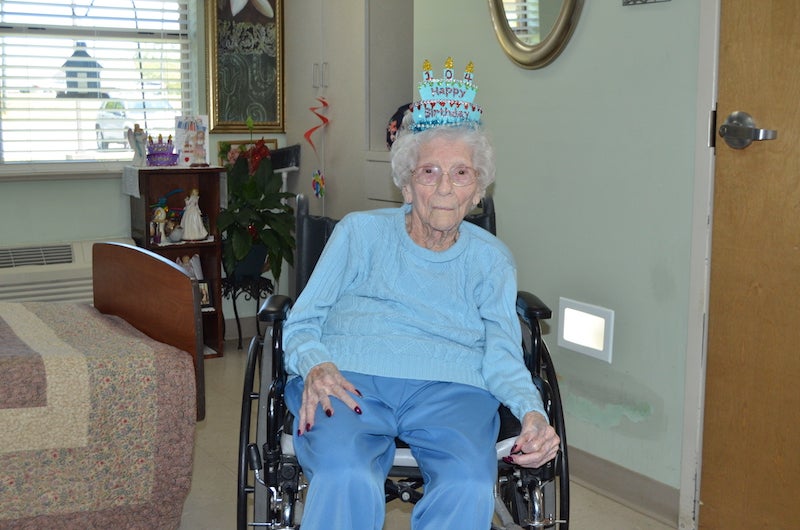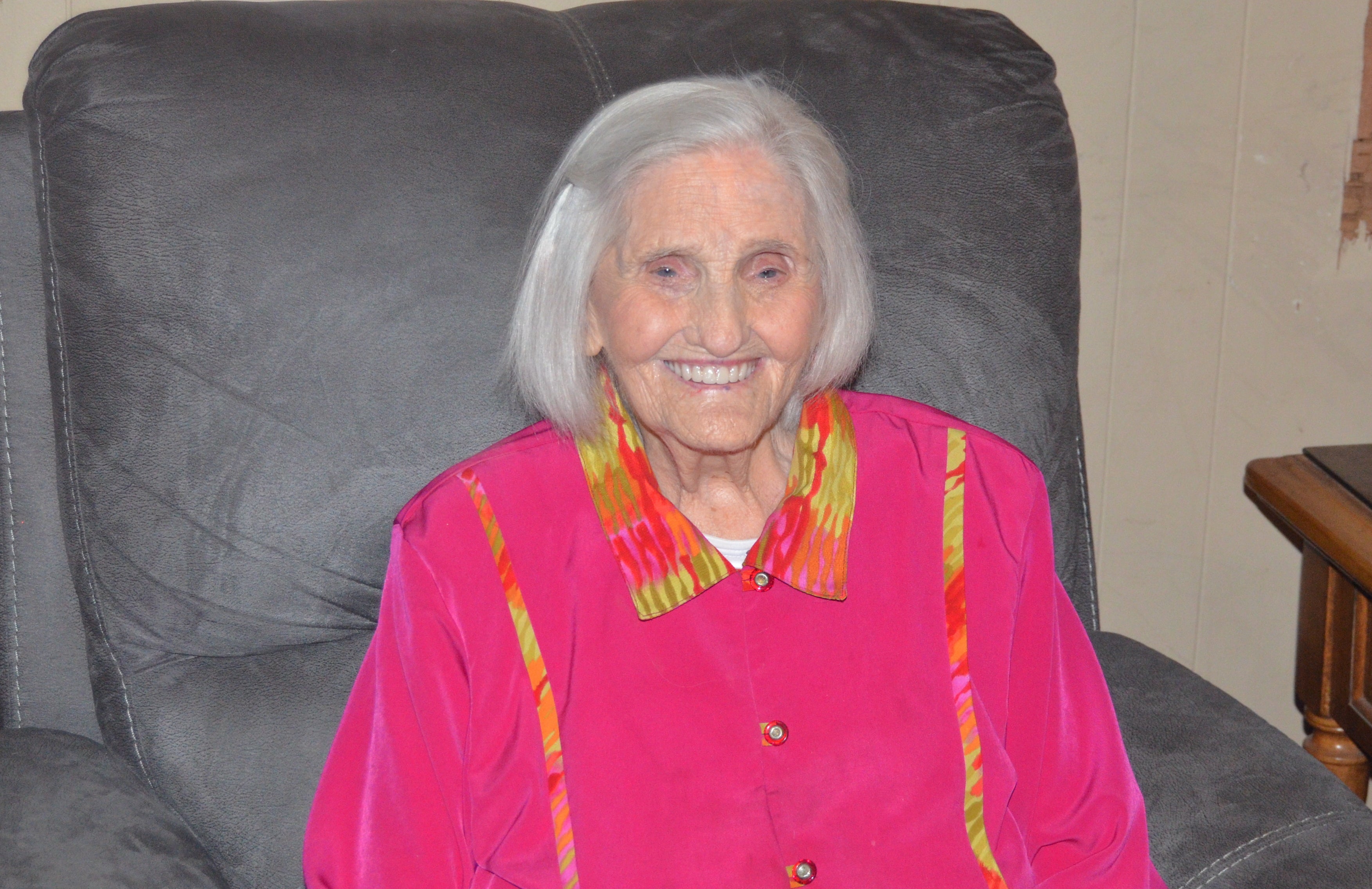Tuesday Night Book Club discusses ‘The Prince of Frogtown’
Published 12:54 pm Wednesday, July 9, 2008
The Tuesday Night Book Club met at the home of Nancy Rogers and Mae Hunnicutt, June 24, at 7 p.m.
In addition to the two hostesses, those present were Jean Gilmore, Frances Cofer, Elner Glass, Anne Glass, Jamie Mitchell, John David Glasscock, Carol and Ned Lowery, Sarah McEwen, Doris Jones and guest, Cass Keenan and Judy Williams.
Our book for June was “The Prince of Frogtown” by Rick Bragg. The designated prince here being Rick’s father, Charles, who was tortured by a wartime memory going back more than half a century to the Korean War. For the rest of his life, Charles Bragg could not forget this war memory and could not bear to remember it. So he drank. His wife and little boys loved him despite his addiction to liquor, which allowed Charles to momentarily forget what he could not bear to remember. The book tells you what the memory was, but I won’t tell. You must read The Prince of Frogtown.
Charles Bragg could not share his war memory with his wife and sons, but he did have one true friend who drank with him when the demons took control of his thoughts and listened to his dark secret. It was this drinking friend whom Charles begged to break him out of the sanatorium where Charles was confined toward the end of his life. The same friend who shared Charles’ tortured memory with Rick Bragg after his father’s death.
Rick feels that his father’s untimely death was hastened by one of Jacksonville, Alabama’s finest to use a euphemism. He calls this man’s name, who treated a troubled war veteran with contempt, rather than compassion, leaving him without pride, help or hope.
Chapter 12 is the hardest part of the book to read and understand how it could have happened that a rogue officer could have remained in law enforcement in a college town for 25 years. These seats of learning are generally believed to be communities of enlightened and honorable people. Did a whole community of citizens go to sleep at the wheel and ignore what was hidden in plain sight in their town? When they saw a man chained and working at gun point in public areas, did it not raise any questions at city hall? Rick Bragg gives us the benefit of public records. As this book illustrates, all examples of a man’s inhumanity to his fellowmen are not confined to prisoner of war camps. Sometimes examples are chained on public streets in plain view, as Rick’s father was.
Rick has already introduced us to his mother in an earlier book titled All Over But the Shouting, but we meet her again in this latest book. This remarkable woman raised her three sons by working in a cotton mill and cleaning other peoples’ homes. She did take Charles Bragg to court seeking child support for their sons.
He paid her $10 in court and mailed her $10 later – end of child support. I will bet this account will resonate with many families in Alabama who have experienced similar results with our courts. It does little good for a judge to access child support payments with no force in place to require payment. Any wonder “deadbeat dads” are not afraid of going to court when being sued for child support?
In writing his brief bookcover resume for Rick’s book, author Pat Conroy, said, “While reading this book, I fell in love with Rick Bragg’s mother, Margaret Bragg, a hundred times… Because I love the English language, I knew I was reading one of the best books I’ve ever read.” He also sent Mrs. Bragg flowers.
The most poignant chapter in the book, I believe, is the one that talks about when Rick bought a home and some acreage for his mother whom he adored. He basks in he reflected glory of his mother’s planning to share her home with someone other than Rick. She and Sam share a brief, but happy time there. Read about Sam.
Rick Bragg is a shining example of a young man who managed to rise to great heights above his raising. An exemplary example of choice, ambition and determination over circumstances.
People Magazine rates Rick Bragg equal to Harper Lee and Truman Capote. No bad company here, no matter how you shake them up.
Shortly after publication of Rick’s book, All Over But the Shouting, he came to Hoover Library on a book signing engagement. Tuesday Night Book Club members were privileged to enjoy a catered meal at the library where Rick was introduced by the late author, Ann George. Afterward, Rick graciously autographed copies of his book and posed for pictures with his many fans. That was a night we still like to remember.






